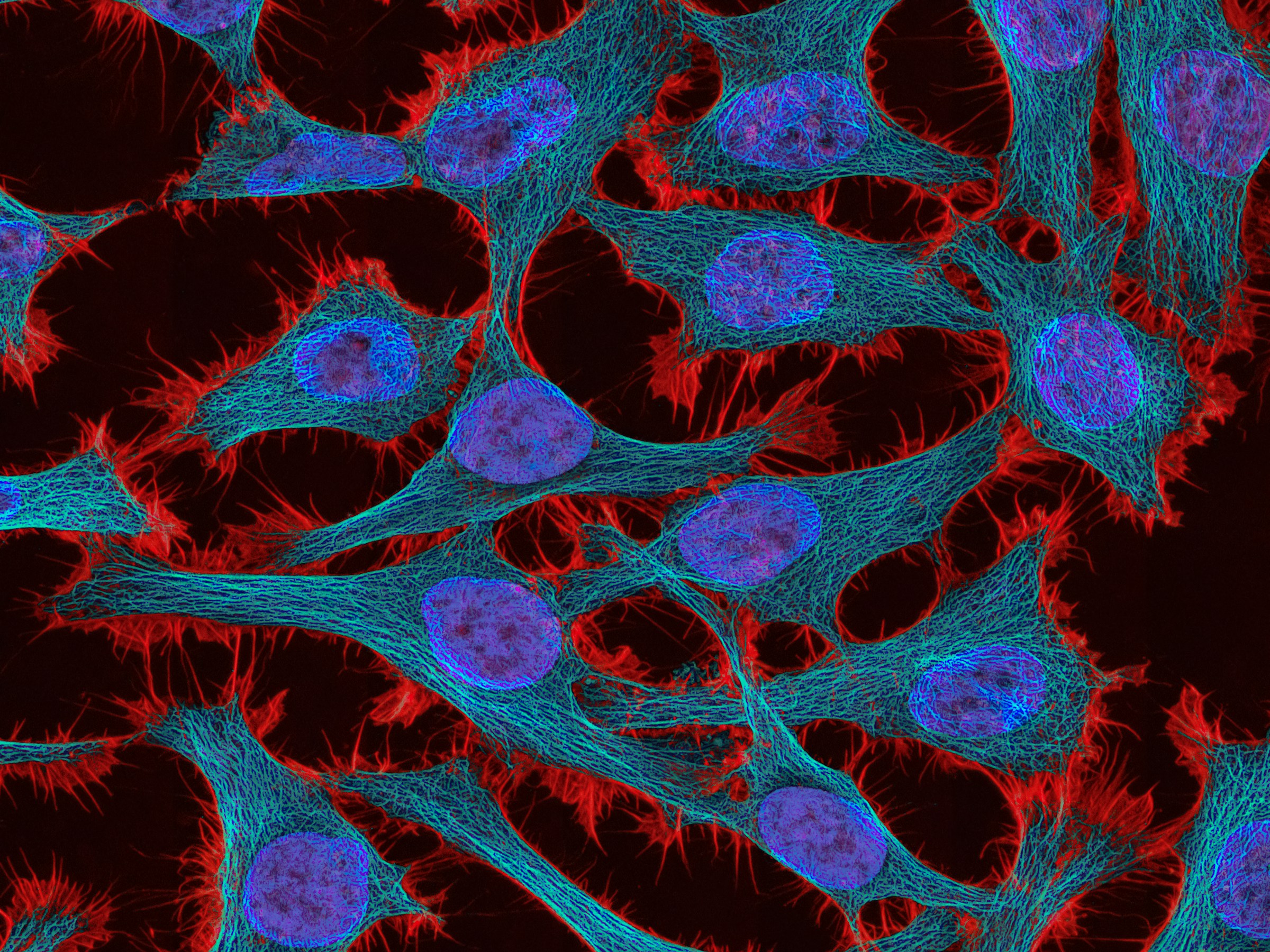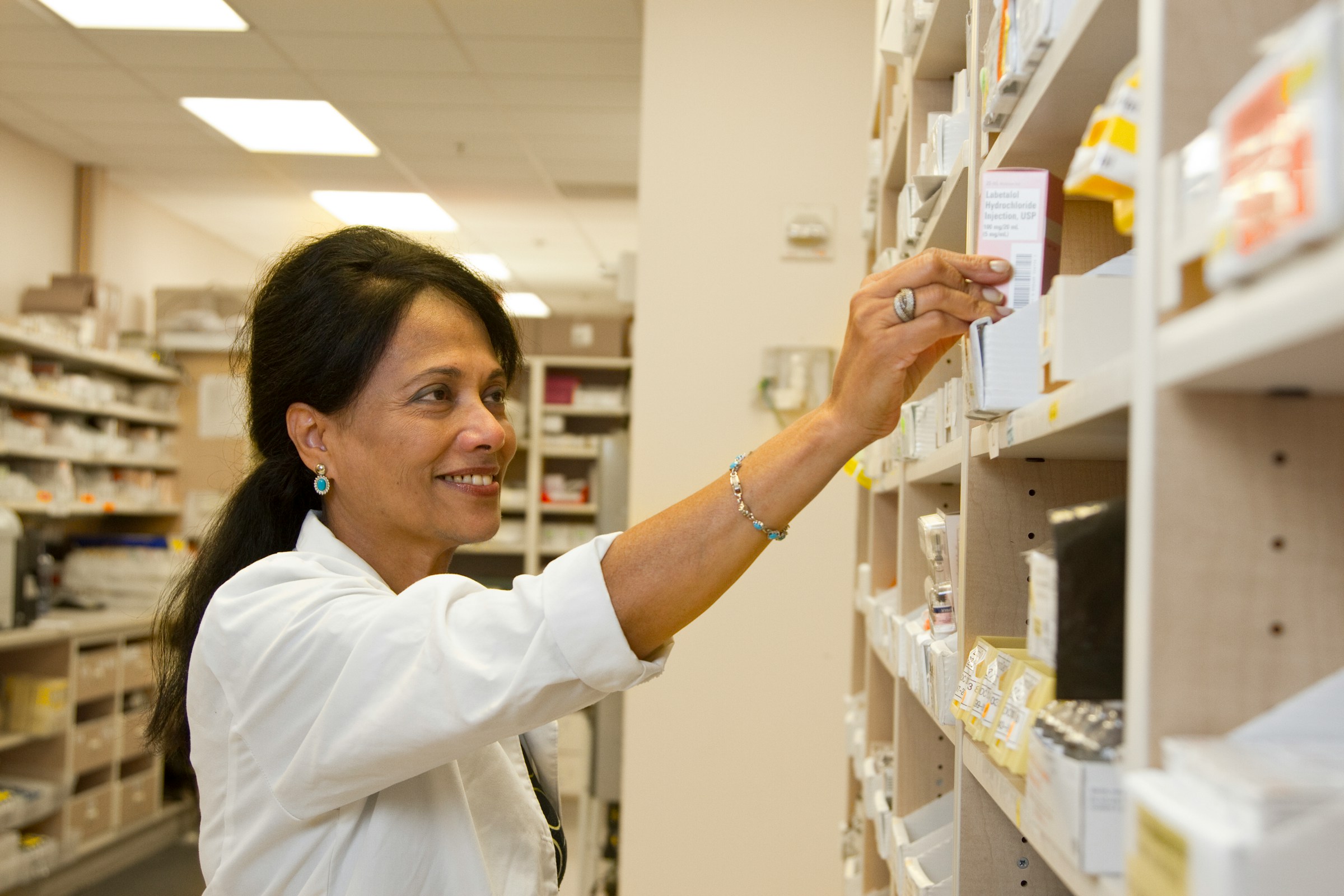The NHS Pilot Addressing Health Inequalities in London

A study has shown that an NHS-led charity has helped to tackle health inequalities through its work to deliver digital inclusion services to more than 2,000 vulnerable people in London.
The digital inclusion programme has three pilots with the aim of improving digital access to health, care, and community resources.
Bridging the digital divide gap was the focus
It was led by CW+, the charitable arm of Chelsea and Westminster Hospital NHS Foundation Trust. The three pilots included DigitALL – led by Open Age, Powering Recovery – led by West London NHS Trust, and Hiyos Live Channel – Hiyos GP Practice.
DigitALL targeted elderly people and adults with learning disabilities, while Powering Recovery focused on providing greater choice between digital and face-to-face services.
The final pilot, Hiyos Live Channel, delivered online content centred around addressing health inequalities.
Chris Chaney, Chief Executive at CW+, explained that it was essential for them to ensure that nobody was being left behind in the transition to a digital world.
He said: During the Covid-19 pandemic many essential services moved online, which highlighted an already significant gap in digital literacy among some of the most vulnerable people in north-west London.”
This programme, supported by NHS Charities Together, sought to address that and we are delighted to have made such a positive impact on so many people.
More than 90% rated the pilot as ‘very good’
At the start of the DigitALL programme, only 20 per cent of the participants used the internet on a daily or weekly basis, and by the end, everyone did.
The majority (85 per cent) reported achieving their personal goals at the end of the programme as well.
Every participant in the Powering Recovery pilot was also confident enough to use the internet frequently by the end of their support, at the start it was just 65 per cent. More than 90 per cent of the people in the pilot rated it as ‘very good’.
Between DigitALL and Powering Recovery, 655 people had been supported by June 2023, and Hiyos Live Channel delivered workshops to more than 1,500 people.
At the start of the DigitALL and Powering Recovery initiatives, well-being was reported at 32 per cent, and 37 per cent respectively, by the end of this it had increased to 65 per cent and 78 per cent. The evaluation was conducted by Imperial College Health Partners.
Addressing health inequalities through digital skills is key to building confidence
The DigitALL pilot has secured funding for another year, and Chris Chaney added: “We are hugely grateful to our partners for their hard work in building participants’ digital skills and confidence over the past two years.
“The results of the evaluation show the important role digital literacy training plays in addressing health inequalities, and our hope is that findings from this project will be picked up and adopted in other areas.”
For many people in communities, technology is a daunting thing and is something which makes them feel excluded and makes life more difficult for them. Ensuring that work is being done to bridge the digital divide is needed to address health inequalities for people and bring them on the journey.

